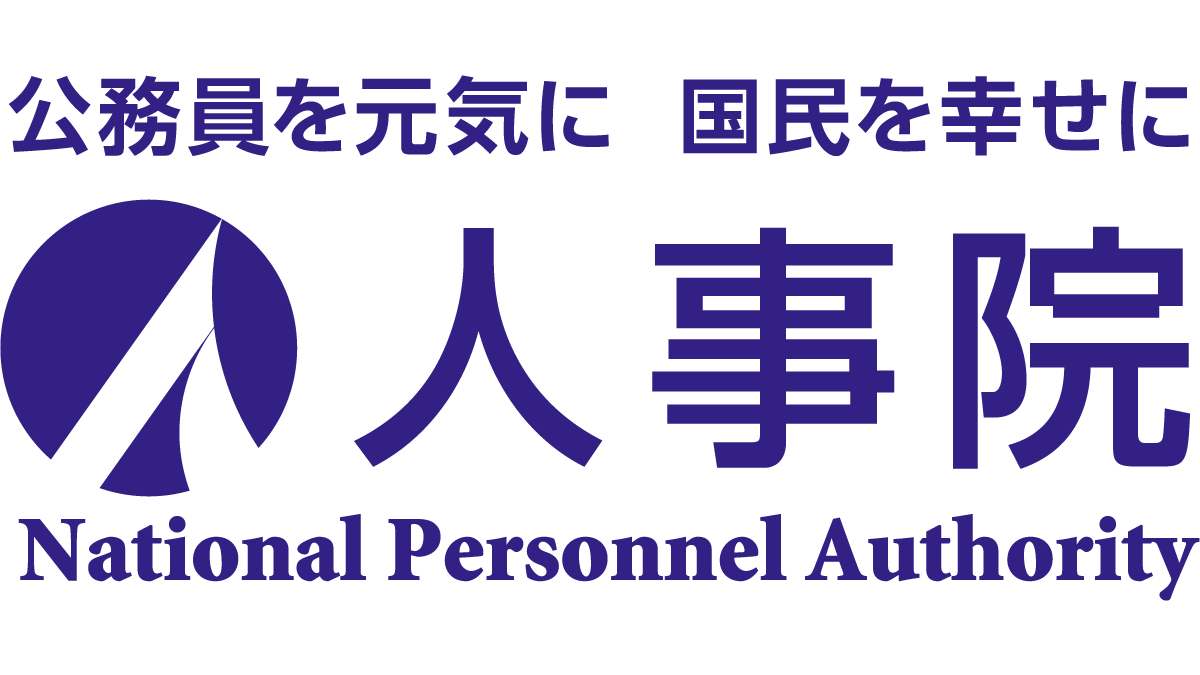The NPA Secretariat is an administrative department under the NPA. The secretariat divisions, four bureaus, the National Institute of Public Administration, eight regional bureaus, and the Okinawa Local Office are under the Secretary-General.
In addition, the National Public Service Ethics Board is set up under the NPA, based on the National Public Service Act and the National Public Service Ethics Act.
Secretariat Divisions
(General Affairs Division, Planning and Legal Affairs Division, Personnel Affairs Division, Financial Affairs Division, International Affairs Division, Records Management Office and Information Management Office)
These Secretariat divisions are in charge of internal management duties, including general, personnel and financial affairs; interpretation of laws and rules under the jurisdiction of the NPA; international cooperation related to personnel administration; comprehensive coordination of NPA’s policies; and consideration of mid- to long-term personnel administrative measures.
Employee Welfare Bureau
The Employee Welfare Bureau engages in duties including the establishment of rules on working hours and leave systems; development and promotion of measures for facilitating child and nursing care; planning of systems related to employees’ health, safety and accident compensation; and guidance on measures to prevent harassment. Furthermore, the bureau is also in charge of affairs related to employee discipline, inspection of payroll operations and the relationship with employee organizations.
Human Resources Bureau
The major role of the Human Resources Bureau is securing and developing human resources who can support the government by quickly responding to changes in the social and economic environment surrounding public administration, such as globalization and progress in information technology.
Specifically, the bureau is charged with activities for recruiting diverse and competent candidates to the public service; the creation and implementation of recruitment examinations; development of the appointment systems for national public employees including fixed-term employees; operation of the personnel exchange program between the government and the private sector; and planning and implementation of training for national public employees.
Remuneration Bureau
The bureau engages in duties related to the remuneration system of national public employees. In the absence of access to standard labor law for national public employees, the Remuneration Bureau surveys the private sector yearly and makes necessary recommendations to the Diet and the Cabinet so that the remuneration of national public employees will be in line with general social conditions.
The bureau also engages in duties including the establishment of rules related to salary and allowance system to implement the "Remuneration Act"; establishment of fundamental standards related to the number of posts in each pay grade designed to ensure the uniformity of job evaluation and decisions on remuneration across the government; and provision of guidance on the remuneration system to the Cabinet Office and ministries. Furthermore, with the gradual raising of the pension eligibility age, the bureau also engages in comprehensive coordination related to personnel administrative measures to respond to employment issues for elderly public employees.
Equity and Investigation Bureau
The Equity and Investigation Bureau engages in quasi-judicial duties, such as conducting hearings and other necessary investigations and issuing judgments, when a national public employee files an objection or a claim to administrative measures to the NPA based on rules and regulations. These include objections associated with an adverse or disciplinary action such as demotion or dismissal; requests for appropriate administrative measures on working conditions; and objection to an accreditation of occupational accidents or a decision on remuneration. The bureau also responds to grievances regarding working conditions, by providing explanation and advice concerning the systems, and mediating to impartially resolve the cases amicably.
|
